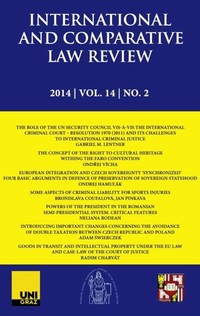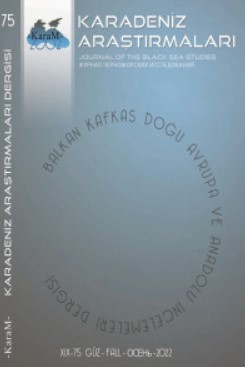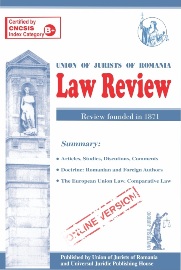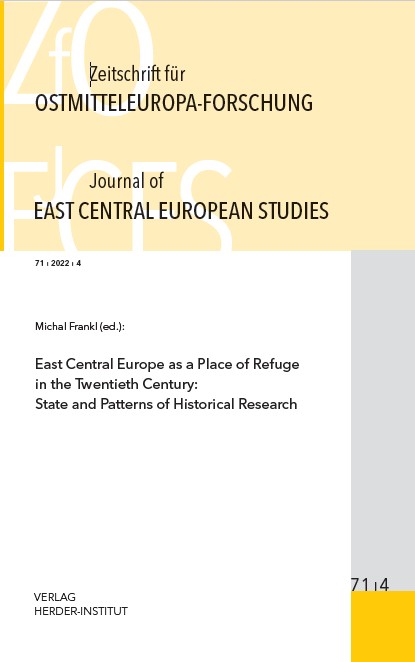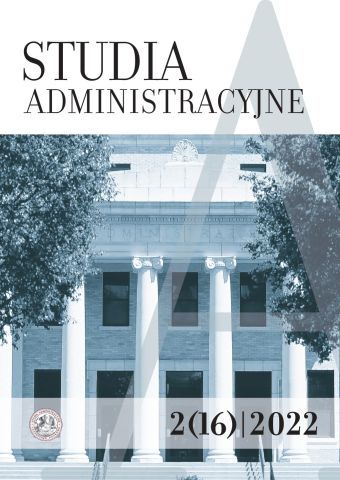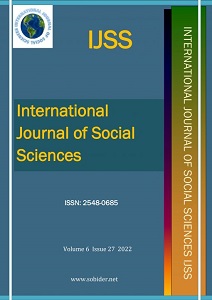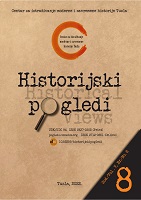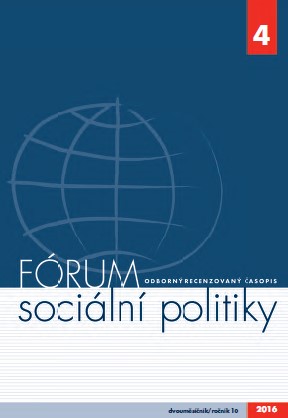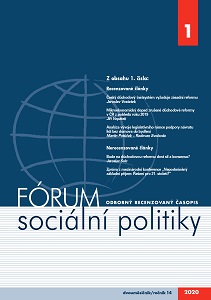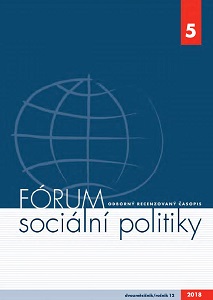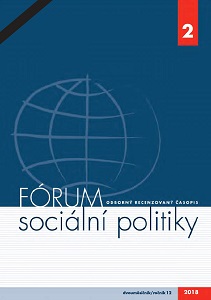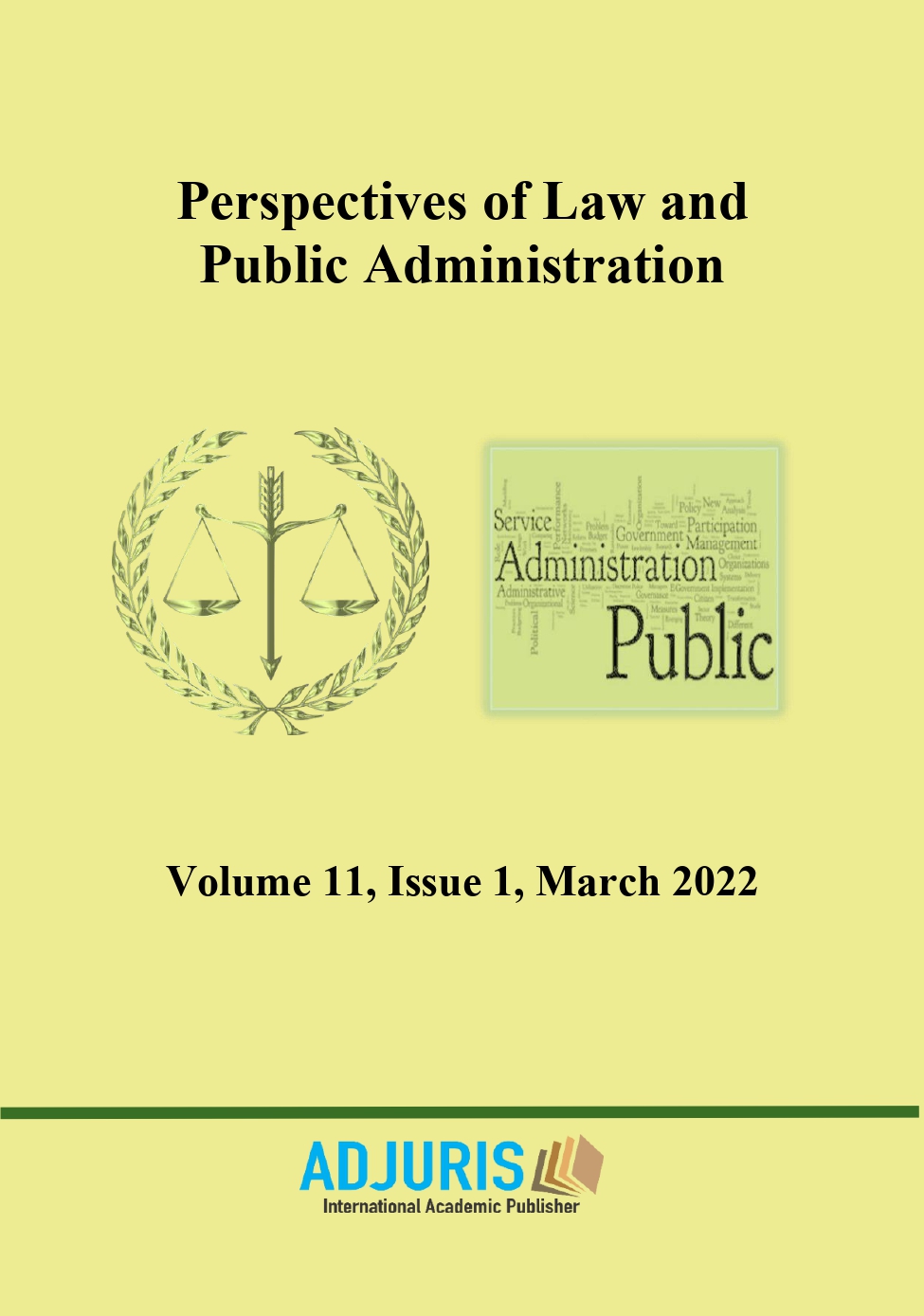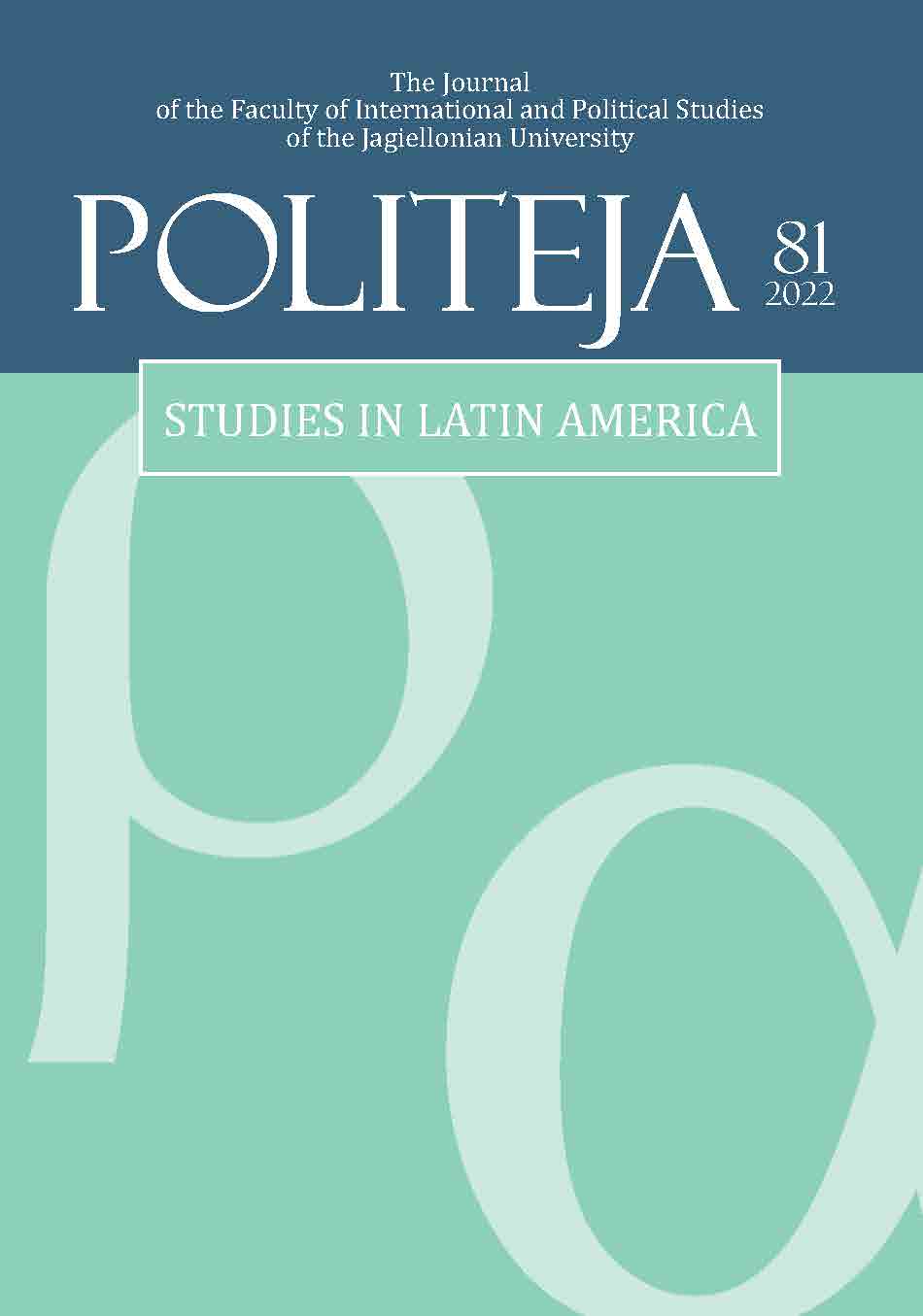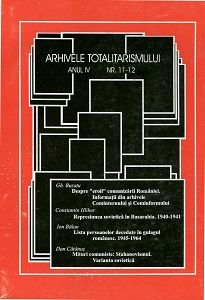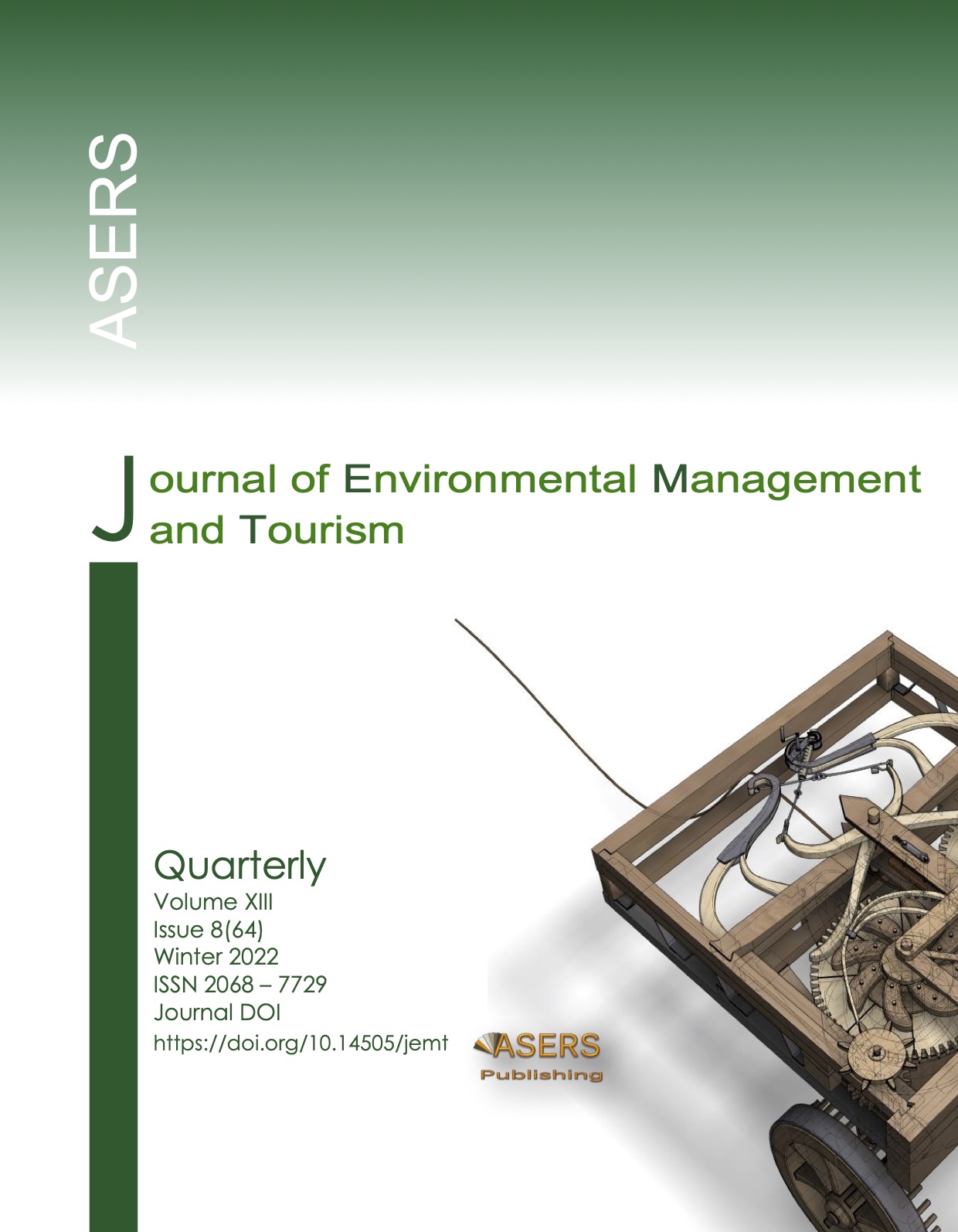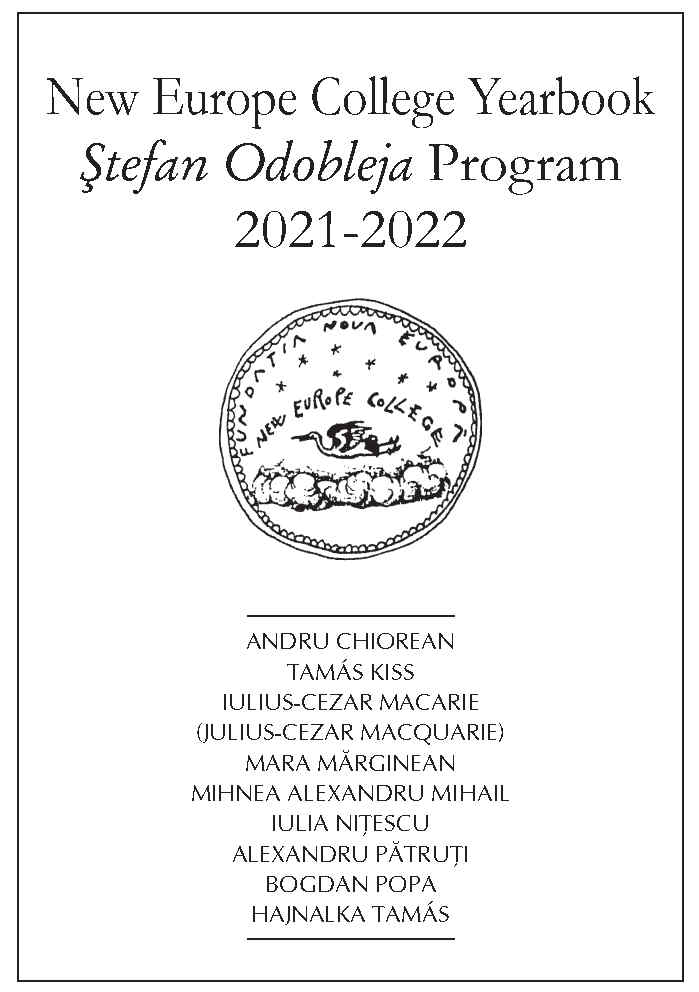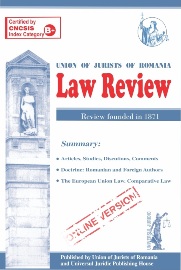Author(s): Safet Bandžović / Language(s): Bosnian
Issue: 8/2022
Numerous „long-term“ historical processes transcend local frameworks and regional boundaries. This also refers to the complex issue of the de-Ottomanization of the Balkans, the „border of the worlds“, whose political geography has been subjected to radical changes, bringing significant ethnic changes and displacements. Its multi-ethnic and religious color disrupted calculations with imposed and simple categorizations. Migrations radically changed the demographic map of the ethnically mixed, unstable area of the Balkans - a „zone of friction“ in which major political events and wars took place, where the phenomenon of migration, migration, exodus, resettlement, displacement and settlement was permanently expressed. All nations have separate stories and dates in their memory, they remember different events and dates from their own perspective, apostrophize different roles, perpetuate monuments, experience different causes and consequences. The history of any nation is indeed the history of a long-lasting process. Knowledge of the world/European past is important for a more comprehensive understanding of complex processes, comparisons and placing national and regional histories in a broader context that provides more meaningful answers. The Ottoman history of the Balkans requires rational reconstructions, complex and asymmetric images of the past, inclusion of nuanced historical phenomena, critical and reasoned reinterpretation, freedom from pseudo-mythical and pseudo-historical networks and tensions. What exists of it constitutes a selective, compartmentalized history. A number of researchers continue to treat the past of the Balkans from a narrowly national starting point, ignoring the history and achievements of other ethnic groups and the multinational societies and states to which they once belonged. In the dominant Christian Balkan narratives, an almost static negative image of the Ottomans, devoid of positive attributes, persisted. The history of the Balkans is not complete, nor can it be interpreted without studying and appreciating the fate of the Muslims, whose brutal persecution from that area began at the end of the 17th century. That history is mostly presented while minimizing and marginalizing the Muslim component. The fate of Bosniaks should therefore not be observed in isolation, but also in a wider regional framework, in the context of the fate of other Muslim communities in the Balkans. The dramatic events of 1875-1878, the deOttomanization processes that preceded them, the decisions of the Berlin Congress in 1878, as well as the accompanying territorial demarcations, greatly changed the mosaic geopolitical, religious and ethnic picture of the Balkans, especially the number and territorial distribution of the Muslim population. Expulsions and emigration of Muslims affected the tectonic changes of the ethnic-religious structure. The emigration of Bosniaks from Bosnia and Herzegovina, initiated in 1878, is an integral part of the continuous process of widespread emigration of Muslims from the Balkans. It represents a massive and long emigrant movement caused by the action of a number of political, social, economic and other important factors. The emigration of Bosniaks, as well as other Muslims of different ethnic and linguistic origins from the Balkans to various parts of the Ottoman Empire, had a number of consequences that were manifested in all levels of their life courses. After 1878, a considerable number of emigrants from BiH came, in several stages, to Sandžak, one of the emigrant centers in the Balkan part of the Ottoman Empire, itself exposed to numerous problems and temptations. After the Balkan Wars (1912-1913), a strong wave of emigration and persecution of Muslims from the new, confiscated Balkan Ottoman provinces affected the Bosniak population in Sandžak, as well as the Muhajirs there from Bosnia and Herzegovina, towards the distant Anatolian regions of the Ottoman Empire. Breakthrough events must be shown from the positions of all the protagonists, as well as from the perspective of ordinary people.
More...
